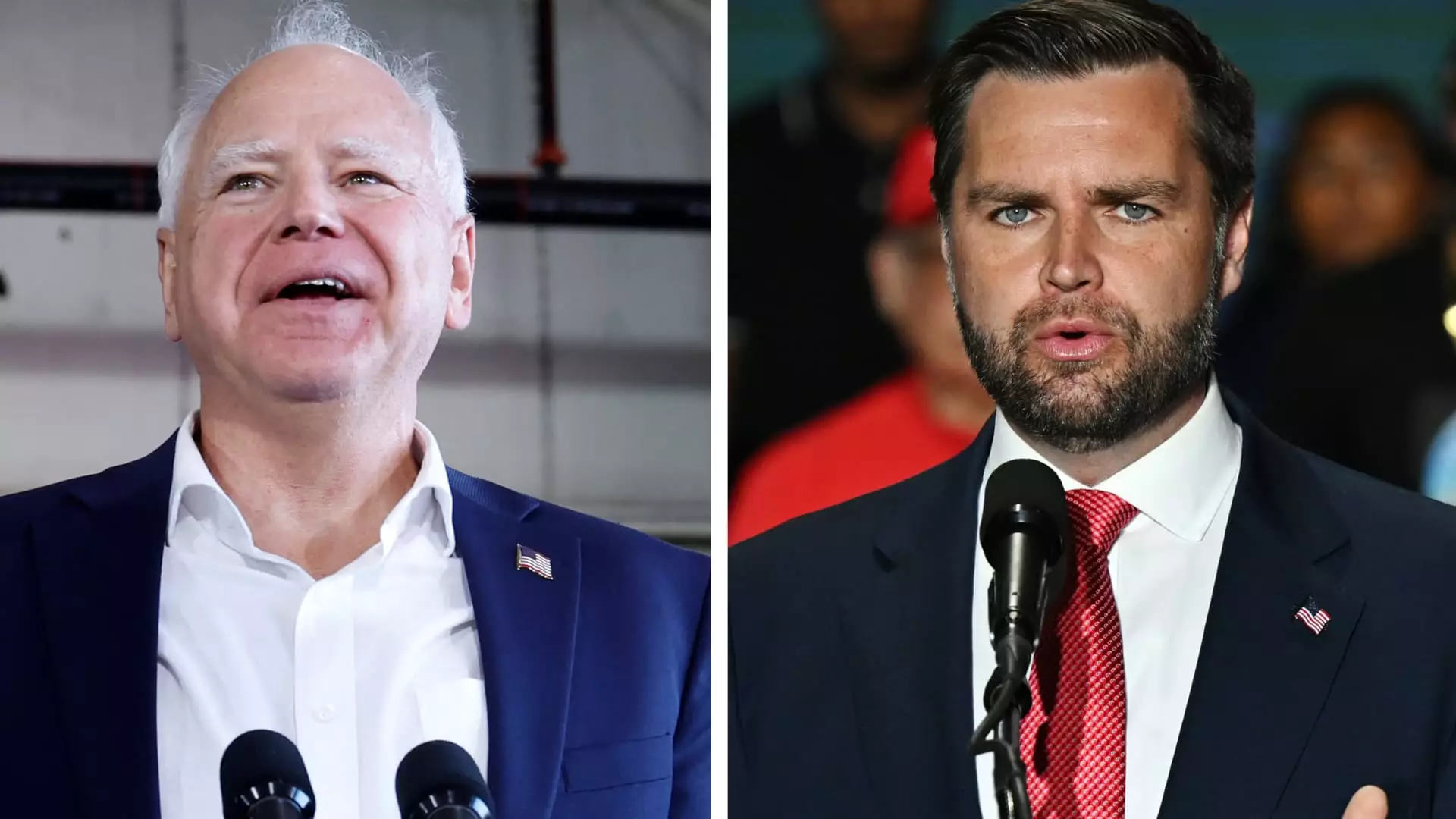With the finalization of the major party tickets, voters are closely watching the candidates for personal finance policies that could affect their wallets. On one hand, Vice President Kamala Harris has unveiled her running mate, Minnesota Gov. Tim Walz. On the other hand, former President Donald Trump has selected Sen. JD Vance of Ohio. In less than 90 days until the election, both sets of candidates are engaging in class warfare, aiming to depict the opposition as disconnected from middle-class Americans.
Affordable housing is a critical issue for many Americans, and both Tim Walz and JD Vance have addressed the matter. Walz signed housing legislation in May 2023, which included $200 million in down payment assistance, $200 million for housing infrastructure, and $40 million for workforce housing. Analyst Jaret Seiberg of TD Cowen expects Walz to advocate for demand-side approaches to housing, which aim to assist individual households by improving housing quality or reducing monthly housing costs. Similarly, Vance, who is also an advocate for affordable housing, emphasized the issue in his Republican National Convention acceptance speech and during his campaign. He has articulated that addressing affordable housing is crucial in combating poverty, opposing institutional ownership of rental homes and Chinese buyers for U.S. real estate.
Without further action from Congress, various tax breaks implemented by Trump, including the child tax credit, are set to expire after 2025. This tax credit, which will decrease from $2,000 to $1,000 per child, was temporarily expanded by Congress in 2021 with upfront monthly payments. Minnesota followed suit with a refundable state-level child tax credit in 2023. Jared Walczak of Tax Foundation noted that Minnesota’s new child tax credit, while narrow, is the most generous in the nation for low-income households. The possibility of a permanent federal child tax credit expansion remains uncertain, given the divided Congress and concerns over the federal budget deficit.
JD Vance has voiced opposition to student loan forgiveness policies, arguing that forgiving student debt primarily benefits the rich, college-educated, and university administrators. He has taken a stance against such policies, emphasizing that Republicans must vigorously oppose them. However, Vance has shown support for certain instances of loan forgiveness, such as excusing parents from student loans taken for a child who became permanently disabled. On the other hand, Tim Walz, a former school teacher, has demonstrated support for programs that alleviate the burden of student debt on individuals. He signed a student loan forgiveness program for nurses in Minnesota and initiated a free tuition program for low-income students.
The economic policies and stances on personal finance issues taken by the candidates can have profound implications on individuals and households. Whether it’s addressing affordable housing, child tax credit legislation, or student loan forgiveness, voters must carefully consider how each candidate’s policies align with their own financial well-being.

